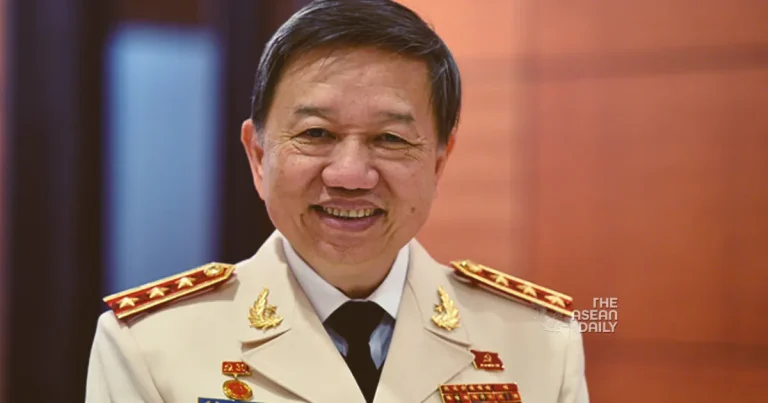11-6-2024 (HANOI) In a diplomatic overture aimed at easing tensions over the long-standing maritime territorial disputes in the South China Sea, Vietnamese President To Lam conveyed a firm yet conciliatory message to Chinese ambassador Xiong Bo during their meeting in Hanoi on Tuesday.
Underscoring the need for mutual respect and adherence to international law, Lam emphasized the importance of managing the maritime disputes prudently and safeguarding each country’s legitimate interests. “The two sides need to actively seek satisfactory solutions in accordance with international law,” he stated, according to an official statement released by his office.
Despite China being Vietnam’s largest trading partner, the two neighbors have been embroiled in a protracted maritime dispute over overlapping claims in the resource-rich South China Sea. Only last week, Vietnam’s foreign ministry expressed deep concern over the presence of a Chinese survey vessel within its exclusive economic zone, highlighting the persistent friction in the region.
Lam, however, struck a delicate balance, affirming that developing friendship and cooperation with China remains a strategic priority for Vietnam’s foreign policy. He lauded the signing of dozens of cooperation agreements during Chinese President Xi Jinping’s visit to Hanoi in December, including initiatives to enhance railway connectivity between the two countries.
“Developing friendship and cooperation with China is Vietnam’s strategic choice and a priority in its foreign policies,” Lam reiterated, while also urging China to further open its markets for Vietnamese agricultural products.
Analysts view Lam’s remarks as a calculated attempt to defuse tensions while simultaneously asserting Vietnam’s territorial claims and upholding its national interests. “The president’s statement reflects Vietnam’s delicate balancing act,” commented Nguyen Thanh Trung, a political analyst at the Diplomatic Academy of Vietnam. “On one hand, Hanoi seeks to maintain cordial economic ties with its powerful neighbor; on the other, it cannot afford to compromise its sovereignty over the disputed waters.”




